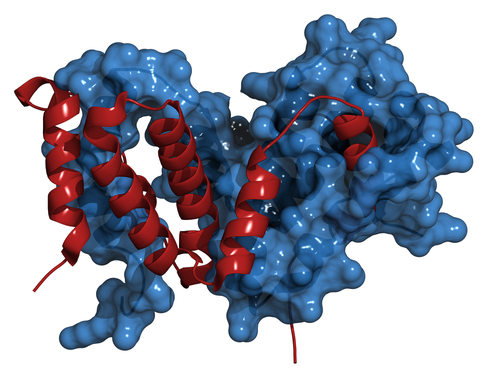In Friedreich’s Ataxia Patient, Mutation Affected Proteins’ Ability to Fold

Researchers have shown that a potential new therapeutic target for patients with Friedreich’s ataxia (FA) could be a mutation that causes misfolding in specific proteins, which results in lowered protein concentrations.
The study, led by senior scientists at the Department of Basic and Clinical Neuroscience, Maurice Wohl Institute, King’s College London, and entitled “Analyzing the Effects of a G137V Mutation in the FXN Gene,” was recently published in the journal Frontiers in Molecular Neurosciance.
The study team aimed to understand the effects of a certain mutation, known as the G137V point mutation, through laboratory experimental methods that looked at both biophysical and biochemical pathways involved. The researchers utilized samples from a 29-year-old male FA patient with the following characteristics:
- Patient was seen at S. Andrea Hospital in Rome (Italy)
- The patient had a history of alcohol and psychoactive drug abuse since age 17
- At the age of 25, he began with gait imbalance, frequent falls, and feet paresthesia
- Admitted to hospital at age 26, he presented with mild scanning dysarthria, gait and trunk ataxia, dysdiadochokinesia, absent tendon reflexes at upper and lower limbs, impaired position, and vibratory sense in lower limbs
After analysis of the samples, the following was observed:
- an effect on the protein levels but not on function
- when folded, the mutated frataxin is fully functional. But the lower stability makes the protein folding process less efficient and/or may enhance degradation
“We thus propose that the mechanism acting in some FRDA heterozygous patients relies on the consequence of a structural impairment which we will call ‘loss of folding efficiency’ to be distinguished from loss/gain of function mechanisms. Although quite different from other neurodegenerative diseases due to toxic aggregation, this mechanism may be important in most of the heterozygous patients and may be relevant also in other diseases. These considerations might suggest a possible therapeutic application for selective treatment of patients having frataxin mutations with reduced folding stability,” the authors wrote in their study.






